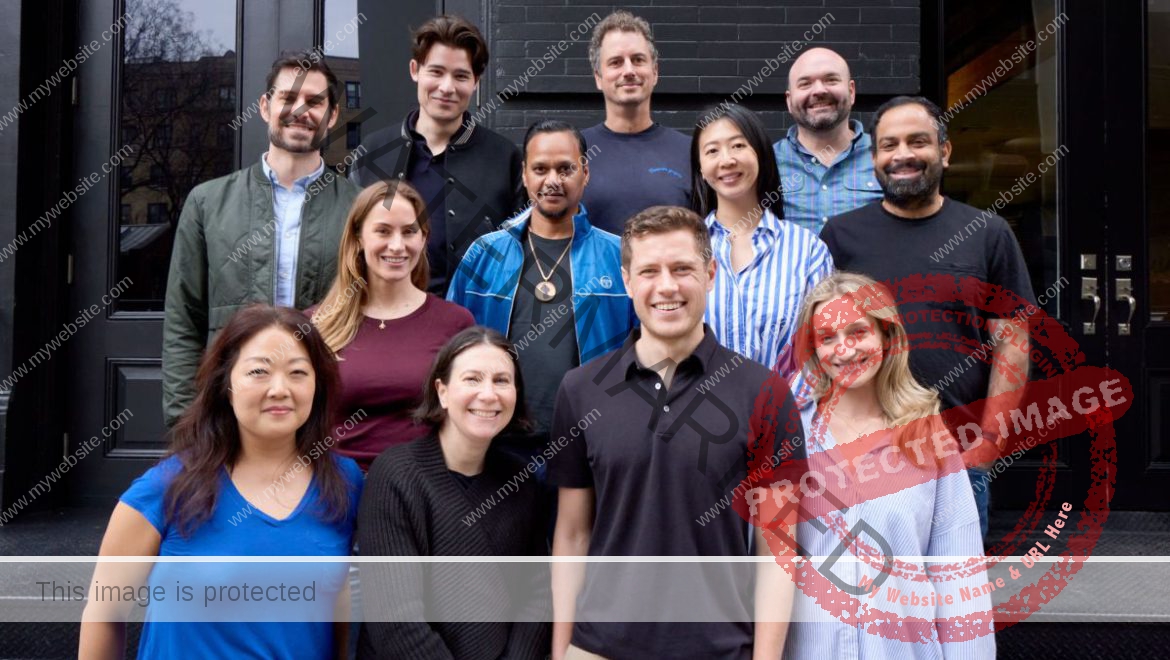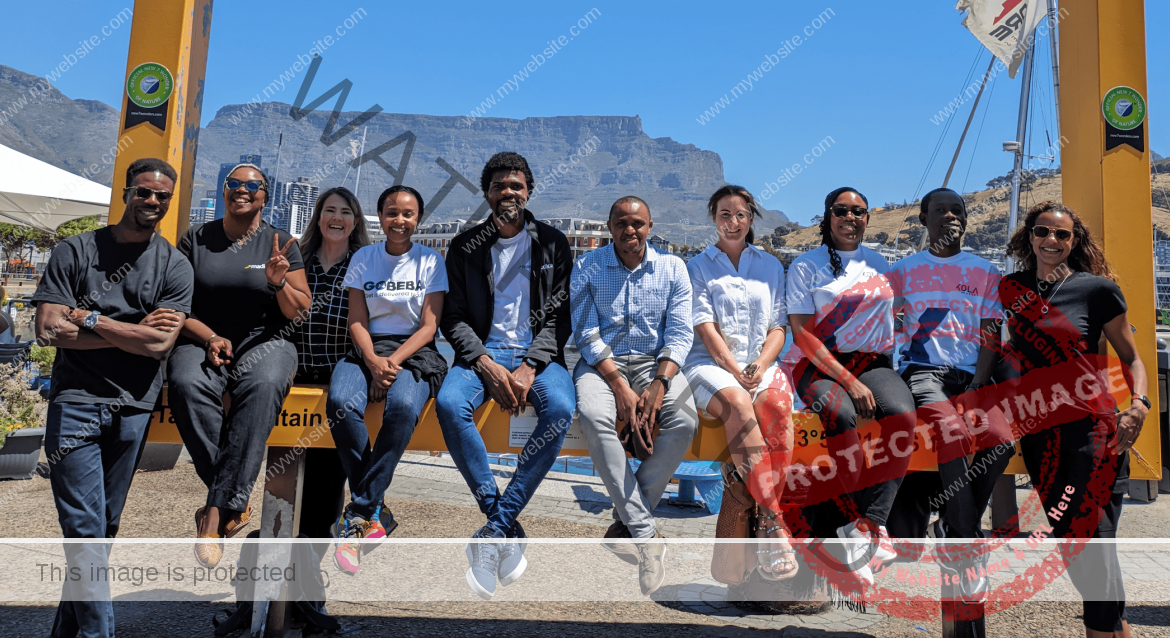Exclusive: Seed-stage firm Eniac Ventures raises $220M across two funds
Eniac Ventures has closed two funds totaling $220 million, the seed-stage firm shared exclusively with TechCrunch.
New York-based Eniac has raised $60 million for Select 1, the firm’s vehicle for follow-on later-stage investments in portfolio companies, and $160 million for Eniac VI. The firm has made 11 investments out of Select 1, which actually closed in 2021 but was not publicly announced until now. The firm plans to make its first investment “shortly” out of its sixth fund, according to co-founder and general partner Nihal Mehta. It plans to make about 40 investments across both funds.
When making new investments, Eniac’s average check size is $1.5 million. Follow-on checks are typically larger, Mehta said, with the largest check invested out of its Select fund being $6 million.
Eniac is a sector-agnostic firm, with Mehta describing the team as “pre-product-market-fit generalists.” Despite being sector agnostic, even Eniac has been bitten by the artificial intelligence bug, with Mehta noting that “machine learning and AI has been a predominant theme” for the firm over the past decade.
“There is some hype in AI, but we believe it to be the most transformative wave of computing we have seen since the internet,” he said.
Portfolio companies include 1up Health, Alloy, Anchor, Attentive, Brightwheel, Embrace, Ghost, Hinge, Hive, Level.ai, Maestro, Owlet and Vungle. Eniac also was an early investor in Airbnb and has seen exits in companies such as TapCommerce (to Twitter), Anchor (to Spotify), Dubsmash (to Reddit), Hinge (to IAC), Workflow (to Apple), Vungle (to Blackstone) and Vence (to Merck Animal Health).
Mehta declined to name specific LPs, noting only that they are a mix of “top foundations, endowments, pensions and fund of funds,” and that the majority of them are “mission-driven.”
Despite the challenging fundraising environment, Mehta said the fundraise “ironically was the quickest” Eniac has done in 15 years.
“We attribute this success to being able to return multiple funds in the past few years,” he told TechCrunch, though he declined to provide specific figures around returns.
The size of Eniac’s funds has grown significantly over the years. Eniac raised its inaugural $1.5 million fund in 2010, raised $100 million for its fourth fund in 2017 and raised another $125 million for Eniac Fund V in 2021. Over the years, it has backed more than 250 startups.













